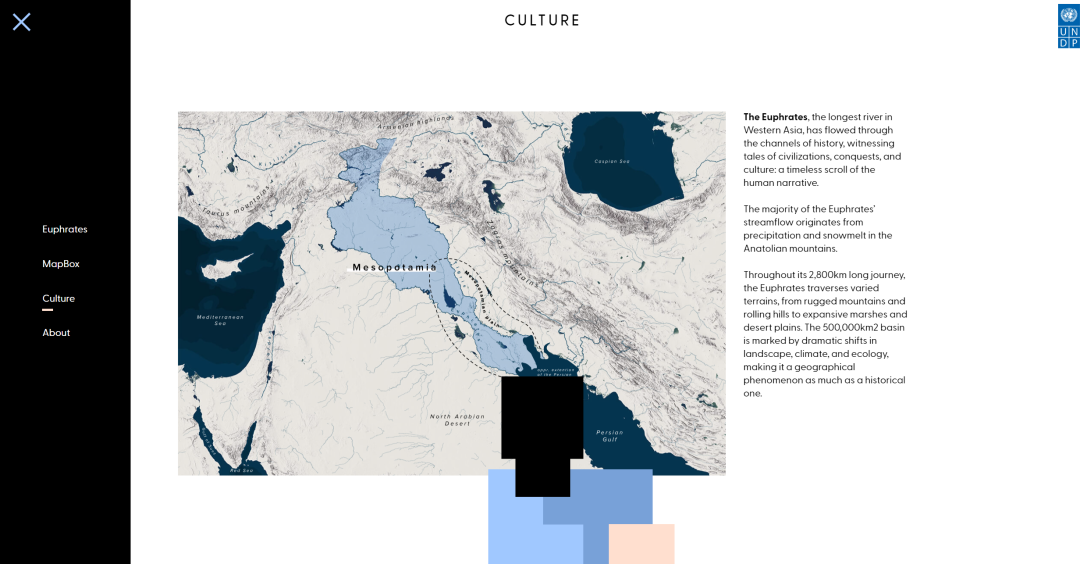Disclaimer:
Please be aware that the content herein has not been peer reviewed. It consists of personal reflections, insights, and learnings of the contributor(s). It may not be exhaustive, nor does it aim to be authoritative knowledge.
Learnings on your challenge
What are the top key insights you generated about your learning challenge during this Action Learning Plan? (Please list a maximum of 5 key insights)
1. In the context of conflict, accessing community knowledge poses significant challenges. Numerous sensitivities are at play, requiring specialized conflict-sensitive methodologies to foster connections and mitigate divisive elements.
2. The river itself serves as a source sensitivities, particularly given its status as a cross-border river with multiple conflicting stakeholders. Geopolitical dynamics further complicate the situation, necessitating careful engagement with various entities, including governments, private organizations, communities, academia, and others within each governorate, to address and prevent potential sensitivities.
3. There exists a significant scarcity of information, data, and research related to climate, biodiversity and cultural intangible heritage related to the Syrian side of the Euphrates River basin. This lack of understanding hampers effective conservation and protection efforts.
4. Recognizing the integral role of knowledge sharing, research, and data, it becomes clear that these components are crucial in the overall process of preserving and protecting the river. A collaborative approach involving diverse stakeholders is essential for informed decision-making and sustainable management.
5. The challenges facing the Euphrates River extend beyond environmental concerns such as climate and water issues. They encompass a complex interplay of cultural, geopolitical, social, and economic factors, forming a multifaceted system that demands a holistic and integrated approach to address its intricacies. Understanding and addressing this broader context is essential for devising effective and future sustainable solutions.
Considering the outcomes of this learning challenge, which of the following best describe the handover process? (Please select all that apply)
Our work has not yet scaled, Other
Can you provide more detail on your handover process?
We are still in the community engagement stage the platform will be launched in March 2024. The platform will be handed over to Deir Ezzor area office as it will be the managed b the team.
Please paste any link(s) to blog(s) or publication(s) that articulate the learnings on your frontier challenge.
Data and Methods
Relating to your types of data, why did you chose these? What gaps in available data were these addressing?
Academic Literature Review: Conducting a literature review was imperative to ascertain existing knowledge and delineate research gaps.
Citizen Data, Citizen-Generated Data, Crowdsourcing: Utilizing methods such as photo stories, research calls, and community engagement to actively generate real-time and updated data.
Stakeholder Mapping: Identifying key stakeholders to actively engage and garner support for data generation, as well as enhancing our comprehension of the challenges at hand.
System Mapping: Aiming to comprehend the multifaceted challenges as a system, with multiple actors and components interacting in complex ways.
Why was it necessary to apply the above innovation method on your frontier challenge? How did these help you to unpack the system?
Partners
Please indicate what partners you have actually worked with for this learning challenge.
Please state the name of the partner:
Water Science policy
What sector does your partner belong to?
Private Sector
Please provide a brief description of the partnership.
, building the platform, literature review, stakeholder engagement.
Is this a new and unusual partner for UNDP?
Yes
End
Bonus question: How did the interplay of innovation methods, new forms of data and unusual partners enable you to learn & generate insights, that otherwise you would have not been able to achieve?
The synergy of innovative methods, unconventional data sources, and diverse partnerships catalyzed unique insights that is hard to get using traditional approaches. Citizen-generated data and dynamic engagement provide updated perspective, while collaborations with different stakeholders brought diverse expertise. System mapping enhanced holistic understanding, enabling us to uncover complex relationships.
Please upload any further supporting evidence / documents / data you have produced on your frontier challenge that showcase your learnings.
The closing form saves automatically or via the blue "save changes" button the top left. Thank you



 6Clean water and sanitation
6Clean water and sanitation 14Life below water
14Life below water 15Life on land
15Life on land
Comments
Log in to add a comment or reply.